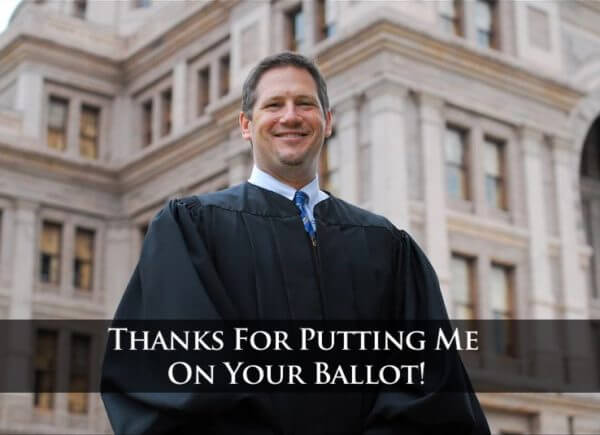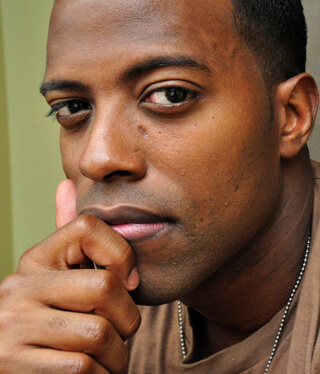Boy Scouts President Robert Gates, who served as President Barack Obama’s secretary of defense when the Don’t Ask, Don't Tell policy was abolished. | SCOUTINGNEWSROOM.ORG
Robert Gates, the former Pentagon chief who now serves as president of the Boy Scouts of America, used his address to the organization’s annual meeting on May 21 to assert that its current policy barring the participation of gay adults in leadership positions “cannot be sustained.”
Referring to his tenure at the Defense Department, during which the Don’t Ask, Don’t Tell policy was formally dismantled by Congress with significant input from the military, Gates said, “We must deal with the world as it is, not as we might wish it to be.” He noted that at the time DADT was abolished, a federal court order striking it down had been stayed but might eventually have gone into effect without giving the military control over the process of replacing the policy with open service for gay and lesbian soldiers.
“Dozens of states — from New York to Utah — are passing laws that protect employment rights on the basis of sexual orientation,” he said. “Thus, between internal challenges and potential legal conflicts, the BSA finds itself in an unsustainable position. A position that makes us vulnerable to the possibility the court simply will order us at some point to change our membership policy. We must all understand that this probably will happen sooner rather than later.”
Gates told the meeting he was not asking for any immediate board action, but said the organization would no longer enforce penalties on local chapters opting to allow gay men to serve as leaders. Two years ago, the BSA ended its ban on gay youth participating in the Scouts, but continued its refusal to allow gay adult leaders.
Noting that 70 percent of Boy Scout units have some church affiliation, Gates committed to a policy that would allow such religious sponsors “to establish leadership standards consistent with their faith.” He then added, “We must, at all costs, preserve the religious freedom of our church partners to do this. Our oath calls upon us to do our duty to God and our country.”
But, unless the organization moved proactively, Gates warned, “We could end up with a broad [court] ruling that could forbid any kind of membership standard, including our foundational belief in our duty to God and our focus on serving the specific needs of boys. Waiting for the courts is a gamble with huge stakes.”
Praising Gates for “taking important steps to limit the harms of its longstanding policy and practices of sexual orientation discrimination” in declining to enforce penalties on chapters welcoming gay leaders, Jon W. Davidson, legal director at Lambda Legal, described the proposal to allow church-affiliated chapters to continue to bar gay adult participation as “unacceptable.”
“Scouting is better than that,” he said. “Acts of bias cannot be reconciled with the Scout law’s obligation to be friendly, courteous, kind, and brave. Moreover, as Mr. Gates acknowledged… ‘The country is changing and [the Boy Scouts is] increasingly at odds with the legal landscape at both the state and federal levels.’”




































